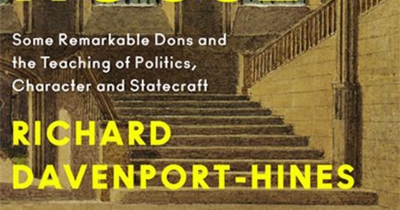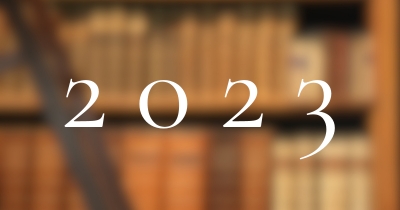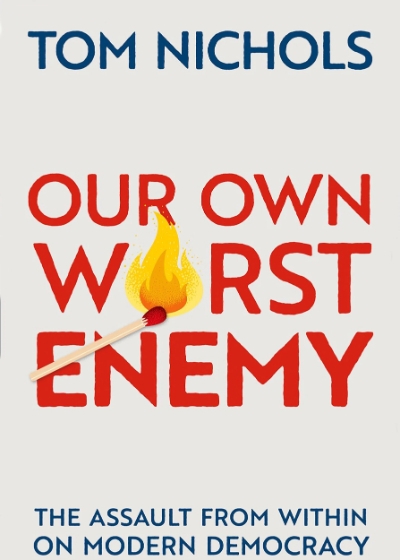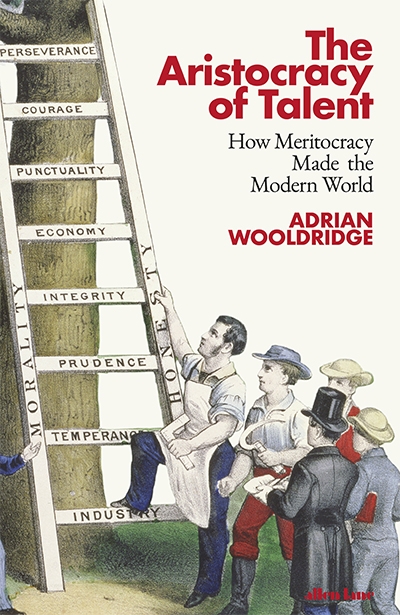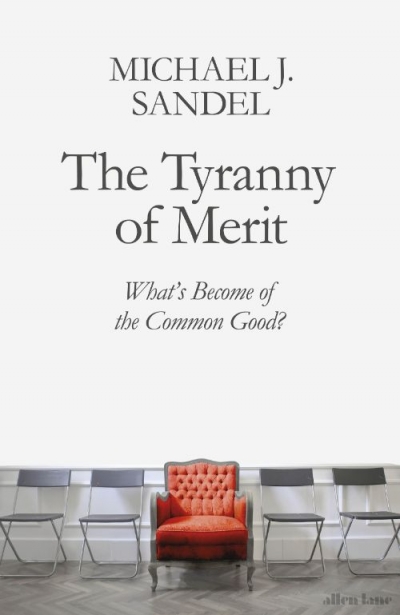Glyn Davis
History in the House: Some remarkable dons and the teaching of politics, character and statecraft by Richard Davenport-Hines
The Floating University: Experience, empire, and the politics of knowledge by Tamson Pietsch
What the authors of these three wildly different books share is a gift for creating through language a kind of intimacy of presence, as though they were in the room with you. Emily Wilson’s much-awaited translation of The Iliad (W.W. Norton & Company) is a gorgeous, hefty hardback with substantial authorial commentary that manages to be both scholarly and engaging. The poem is translated into effortless-looking blank verse that reads like music. The Running Grave (Sphere) by Robert Galbraith (aka J.K. Rowling), the seventh novel in the Cormoran Strike crime series and one of the best so far, features Rowling’s gift for the creation of memorable characters and a cracking plot about a toxic religious cult. Charlotte Wood’s Stone Yard Devotional (Allen & Unwin, reviewed in this issue of ABR) lingers in the reader’s mind, with the haunting grammar of its title, the restrained artistry of its structure, and the elusive way that it explores modes of memory, grief, and regret.
... (read more)Free and Equal: What would a fair society look like? by Daniel Chandler
Gradual: The case for incremental change in a radical age by Greg Berman and Aubrey Fox
Our Own Worst Enemy: The assault from within on modern democracy by Tom Nichols
The Aristocracy of Talent: How meritocracy made the modern world by Adrian Wooldridge
Hugh Stretton knew he was a lucky man – someone born well in the lottery of life. Born in 1924, he came into a thoughtful family with a strong record of public service. He was educated at fine private schools and excelled in his arts and legal studies at the University of Melbourne. When war intervened, Stretton served in the navy for three years without suffering injury and then won a Rhodes scholarship before completing his undergraduate qualifications.
... (read more)

